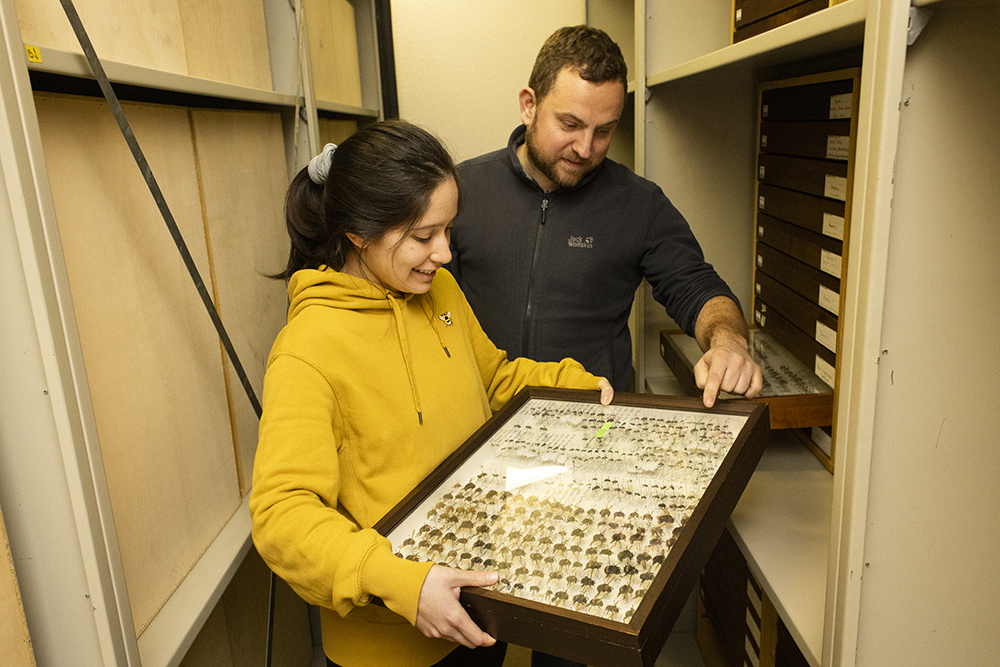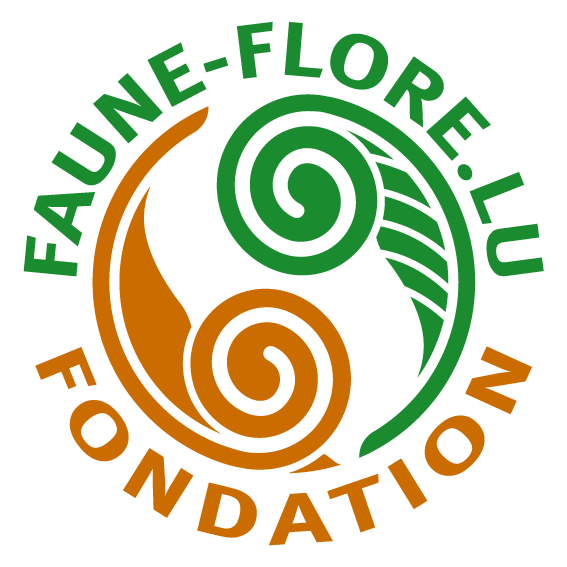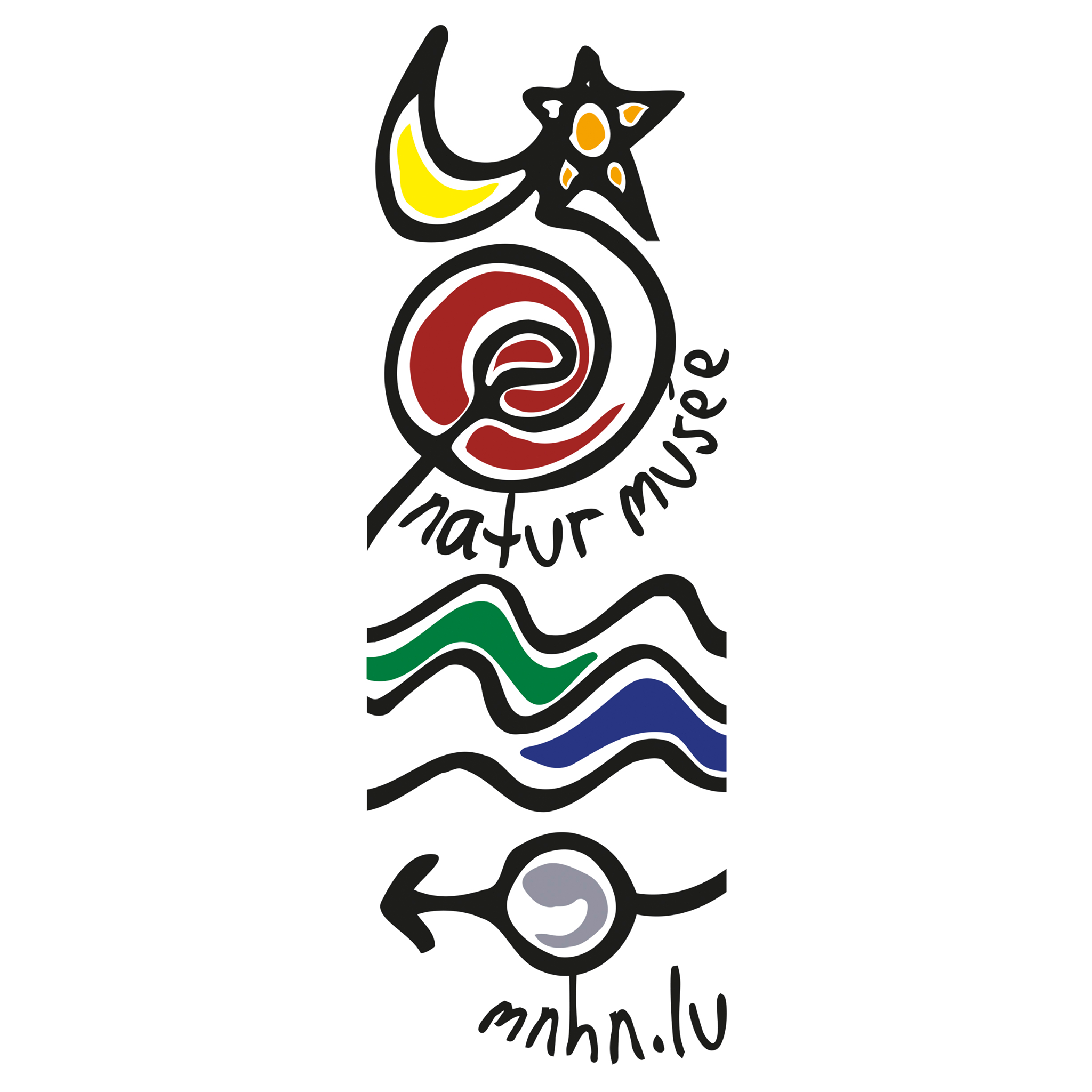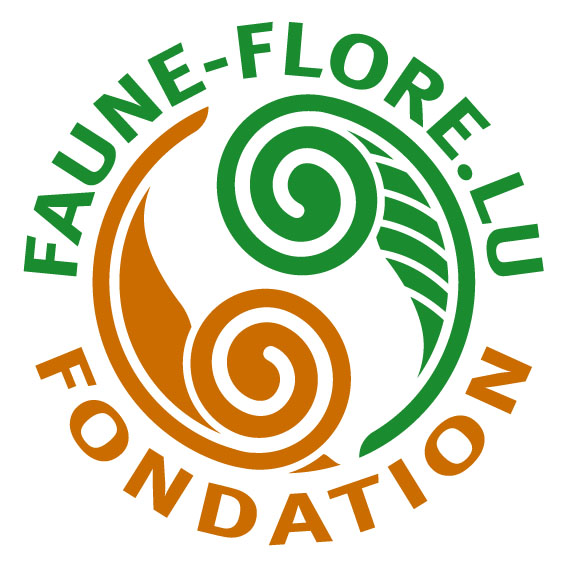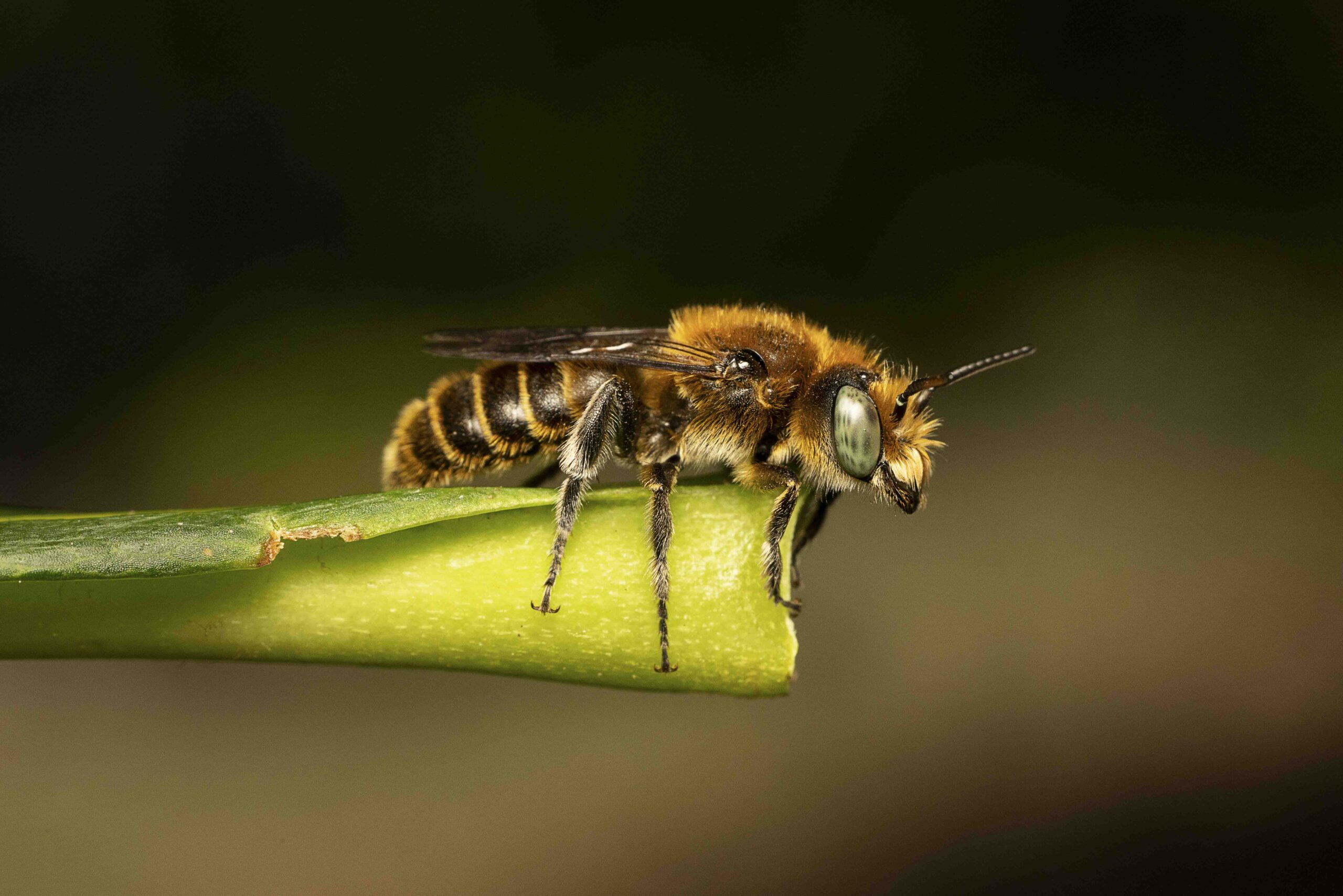The beelibre project
The beelibre project
Luxembourg’s open library of wild bee species profiles, pollen data,
DNA barcodes and bibliographic references.
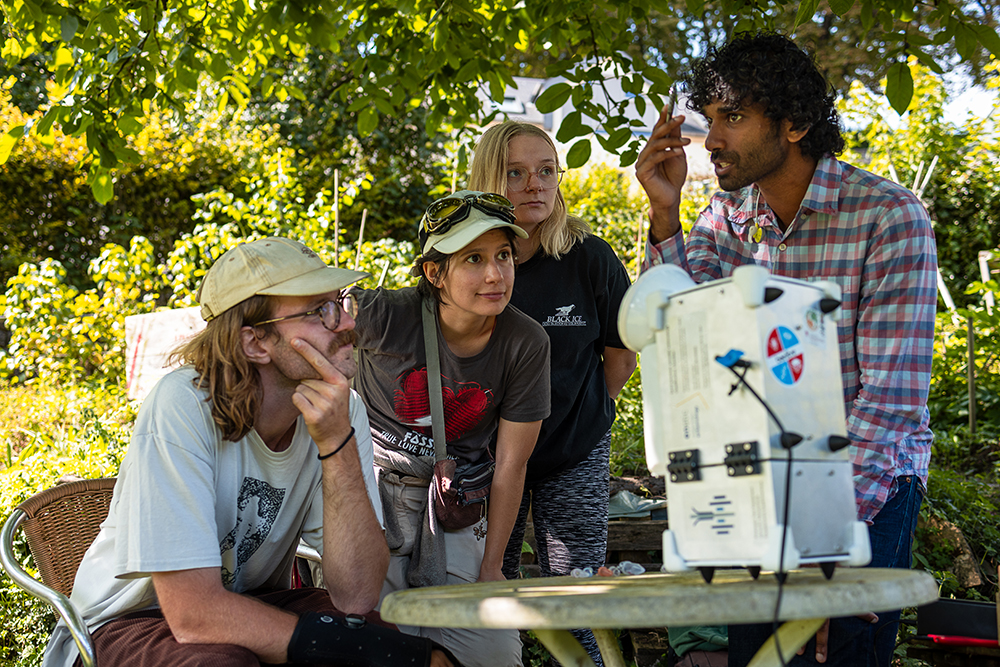
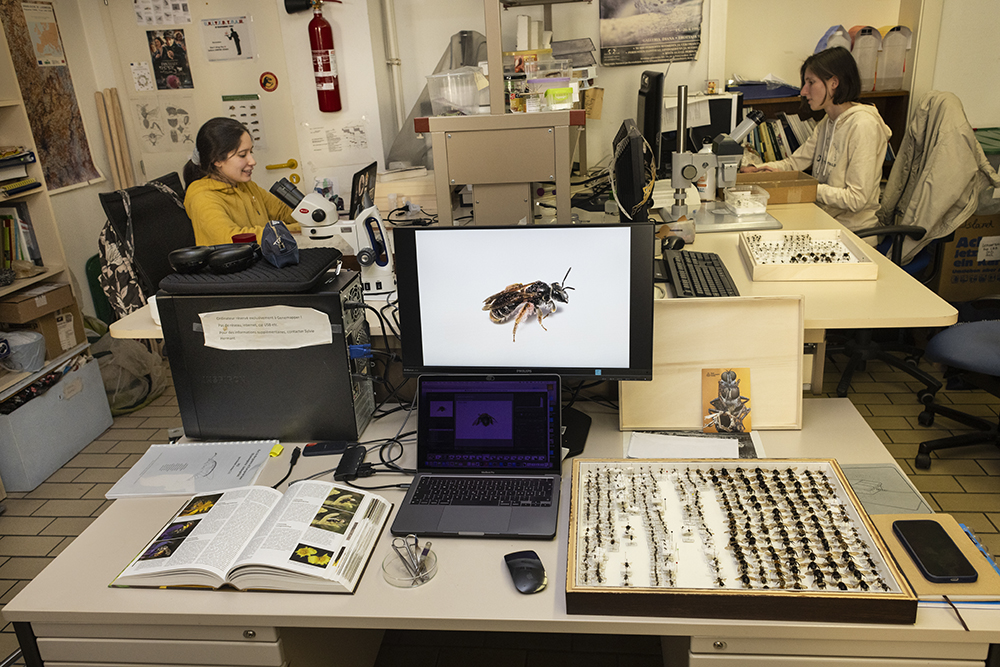
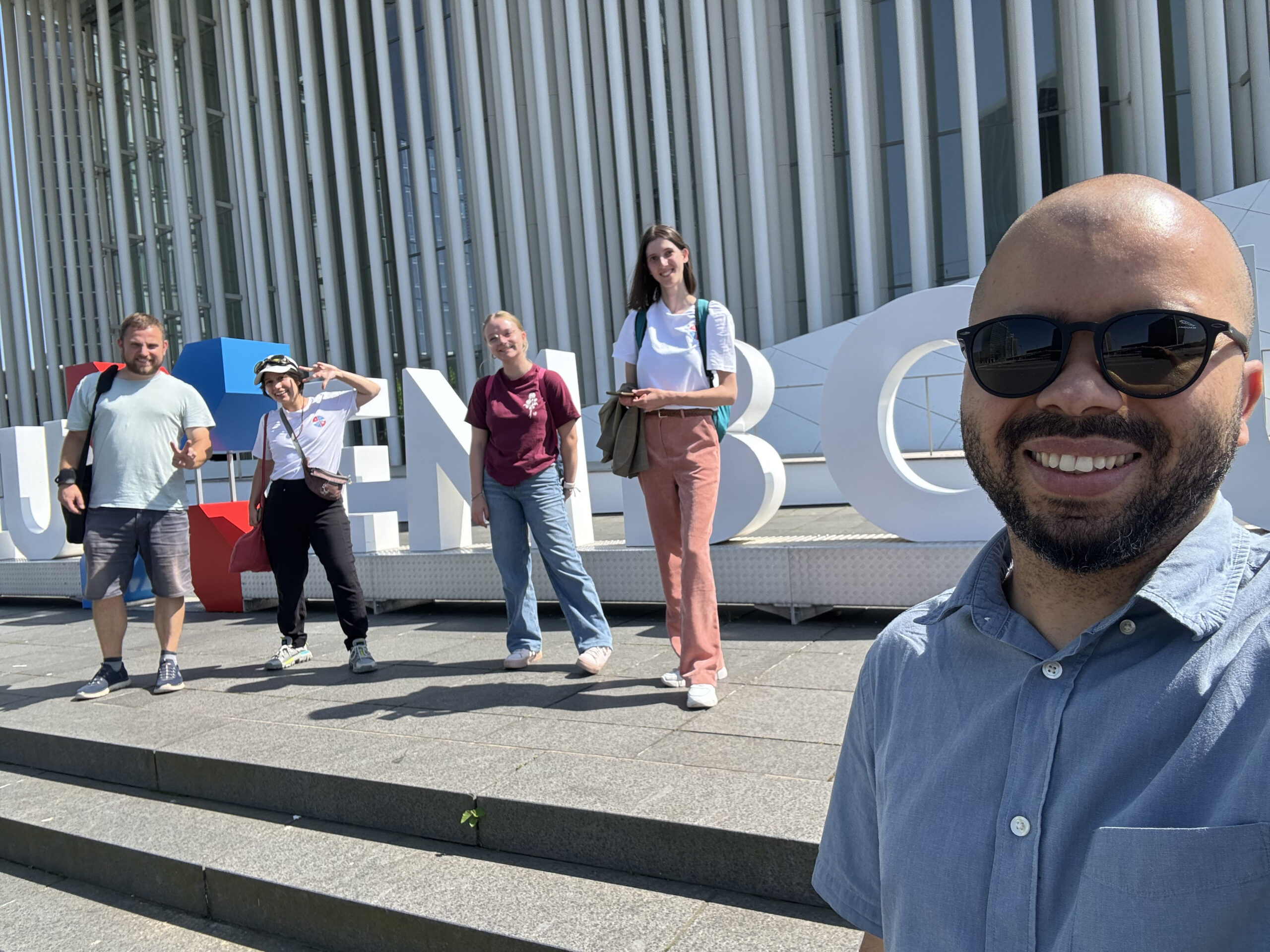
What is the beelibre project?
The beelibre project is an ongoing initiative proposed by the Fondation faune-flore (FFF) and the National Museum of Natural History of Luxembourg (MNHNL). It is supported by the Government of Luxembourg through the funding line “Pollinisateurs” of the Ministère de l’Environnement, du Climat et de la Biodiversité.
Beelibre started its activities in 2023 with the goal of developing an open-access, user-friendly online database of local wild bee content. Wild bees are fundamental insect pollinators for flowering plants. Therefore, developing effective conservation strategies targeting regional wild bee biodiversity has become a matter of utmost concern in many European countries aiming for sustainable development. Some wild bees can thrive in diverse environments, but others have specific habitat requirements. Thus, the success of conservation strategies relies heavily on our understanding of the taxonomy and ecology of local species. Properly curated reference material is vital for both morphological and molecular taxonomic tools to provide accurate biodiversity assessments. Historically, reference data of all kinds for the wild bee fauna of Luxembourg has been scattered across multiple, disconnected sources.
This situation represents an obstacle to our capacity to propose evidence-based, fit-for-purpose conservation strategies. In the context of the European Commission’s “New Deal for pollinators”(adopted on the 23rd of November 2023) and the Nature Restoration Law (adopted on the 17th of June 2024), the ‘beelibre’ project aims to develop an open-access, user-friendly online platform for national wild bee data. This project attempts to build a “one-stop-shop” website, gathering relevant content concerning local wild bee identification, DNA barcodes, nationally relevant publications and descriptions of plant-pollinator interactions found in the region. Moreover, ‘beelibre’ aims to act as an instance of mediation between researchers, stakeholders, conservationists and the general public in Luxembourg, sharing scientific knowledge with a broader audience across the Science-Policy-Practice interface.
What are our goals?
The ultimate goal of the beelibre project is to provide a website hosting relevant information concerning the local wild bee fauna. This platform collates currently available and newly generated information about appearance, ecology, distribution, taxonomy and conservation of over 300 local wild bee species.
This initiative has four section (a.k.a “libraries”):
A gallery
of high-quality wild bee photos.
A bibliographic repository
of nationally relevant publications, incl. short communications and gray literature.
A national repository of pollen
loads collected from wild bees sampled in the field and kept at the MNHNL.
A collection of DNA barcodes
in BOLD systems for local wild bee species.
All materials within this website are open-source and freely available to researchers, stakeholders, and the general public. The original content has first been produced in English, but it is within the scope of the project to transform beelibre.lu into a multilingual website that can reach the culturally diverse audience of Luxembourg and its surrounding regions. With this, we intend to provide a space that combines past efforts with current technology, building a platform that can be used to further assist and develop national conservation strategies protecting the wild bee fauna of Luxembourg. In the long term, the beelibre project aims to help raise awareness regarding pollinator biodiversity and support social change towards pollinator friendly behavior.
The beelibre core team
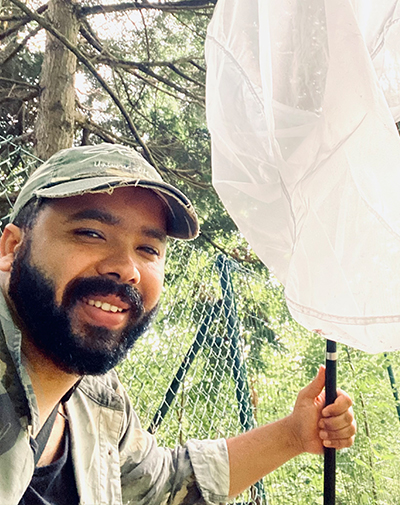
Dr. Antonio Cruz
Biodiversity research. Production and administration of photographic gallery and visual reference materials.
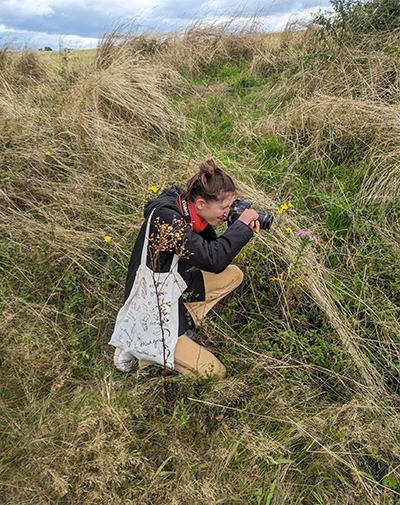
Anna Hauprich
Biological research. Communication and outreach. Fieldwork and laboratory support.
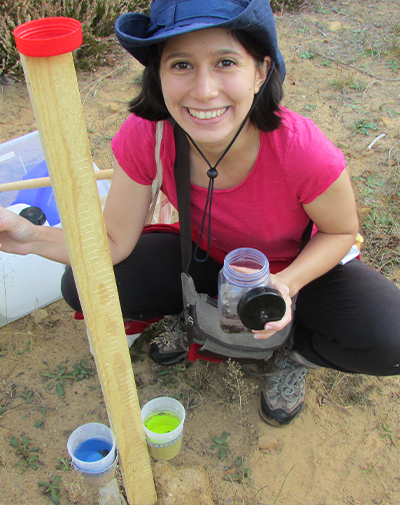
Fernanda Herrera-Mesías
Biological research. Senior project manager and wild bee taxonomist.

Dr. Alexander Weigand
Biological research. Zoological curator and chief science coordinator.
Other team members
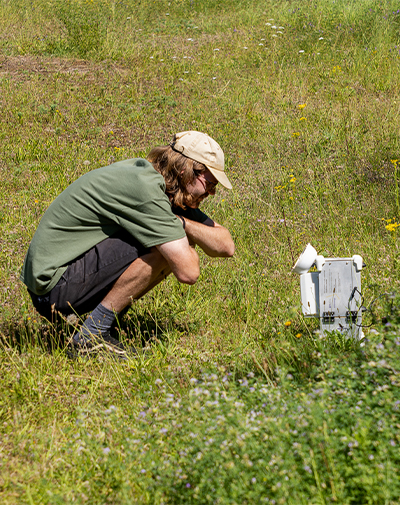
Kai Jaeckels
Intern 2023-2024. Fieldwork assistant.
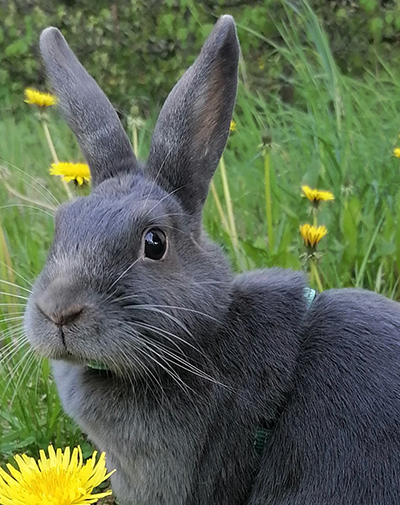
Amanda Luttringer
Main laboratory technical assistant. Zoology Department (MNHNL)
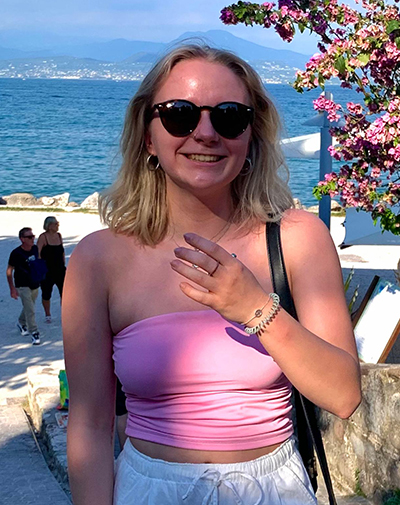
Alyssa Reding
Intern 2024. Fieldwork assistant.

Dylan Thissen
Project member 2023. Photography and outreach.
Internal collaborators

Balint Andrasi
PhD candidate Trier University. Fondation Faune-Flore.
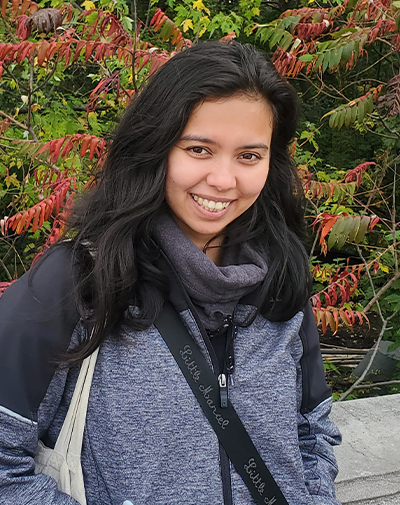
Hinatea Ariey
Research assistant. Zoology Department (MNHNL).
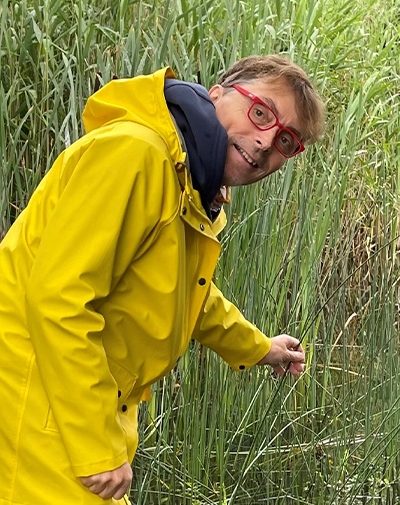
Dr. Guy Colling
Plant ecologist. Head of research unit Population biology & evolution (MNHNL).
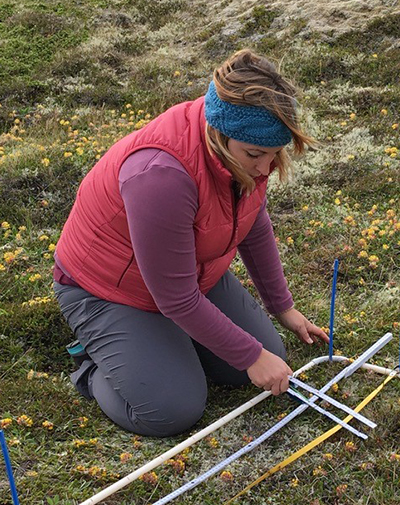
Dr. Laura Daco
Plant ecologist. Research Manager (MNHNL).
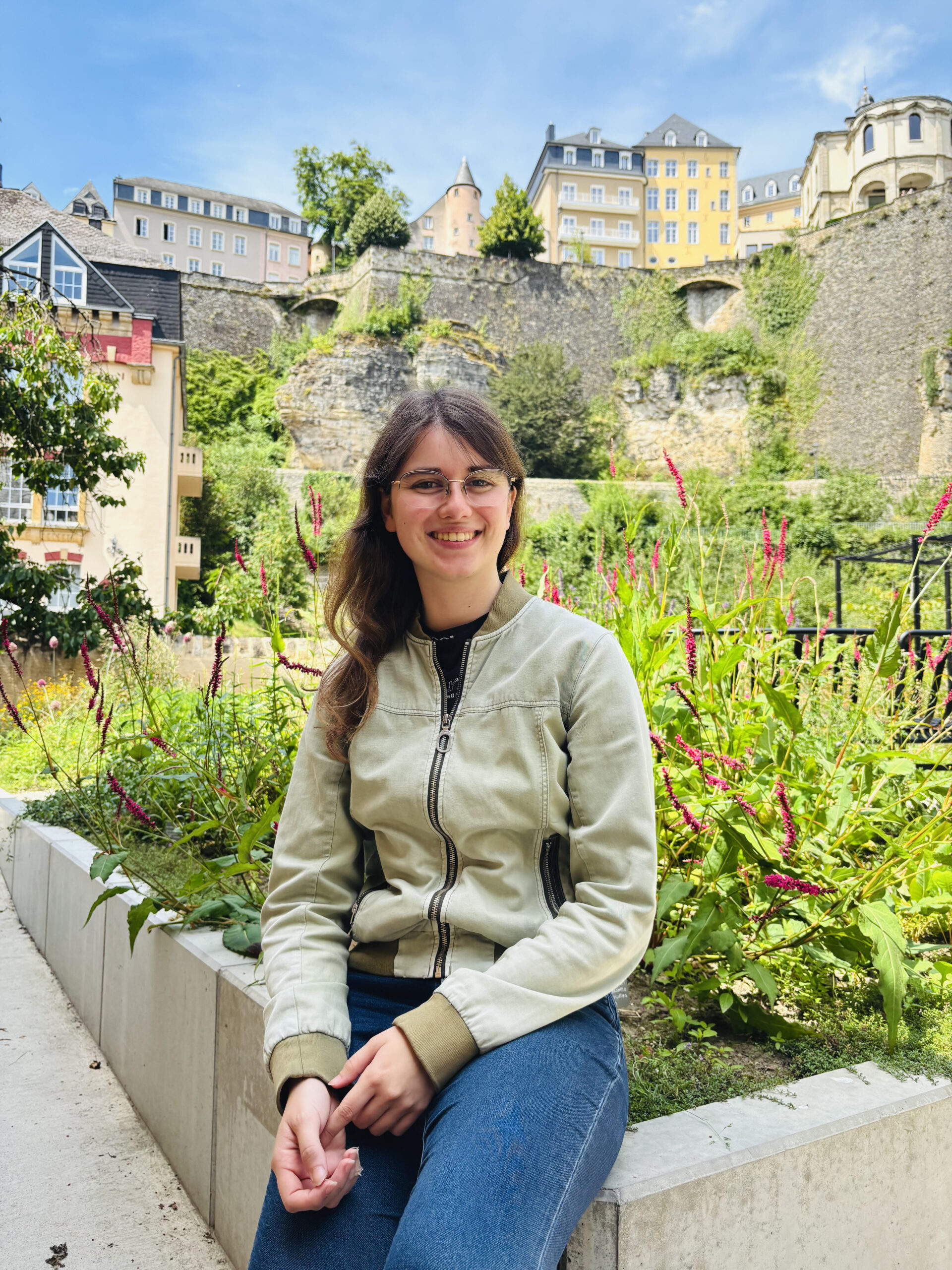
Laura Edo Aceña
Research assistant. Zoology Department (MNHNL).
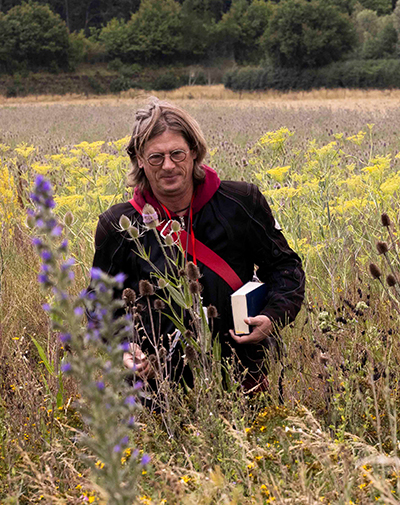
Dr. Thierry Helminger
Botanist. Botany Curator (MNHNL).

Dr. Axel Hochkirch
Biodiversity and conservation research. Ecology curator (MNHNL).

Dr. Alain Frantz
Biodiversity research. Zoology curator (MNHNL).
External collaborators (Luxembourg)
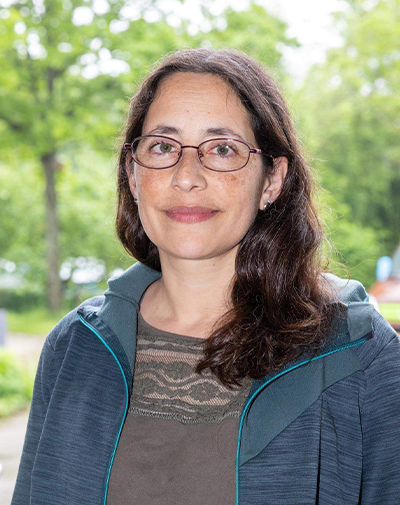
Dr. Lisette Cantú-Salazar
Luxembourg Institute of Science and Technology (Belval, Luxembourg).
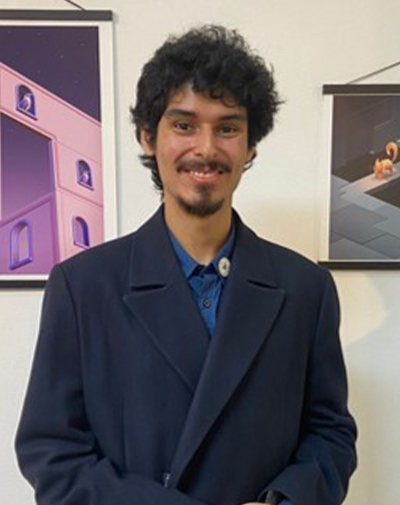
Dr. Matías Gárate
Astrophysicist and 3D Artist (Fennange, Luxembourg).
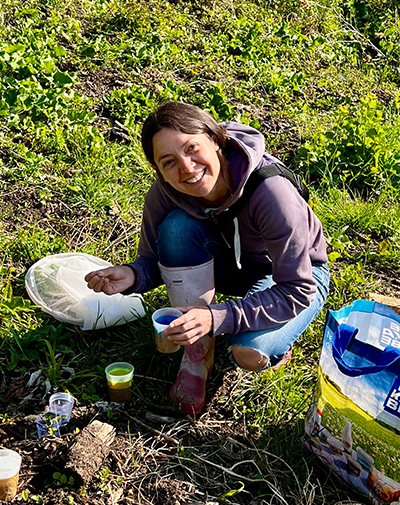
Caroline Grounds
Biologist. Scientific collaborator Fondation faune-flore.
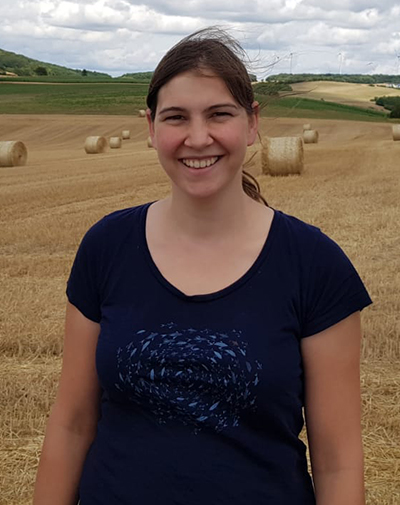
Dr. Hannah Weigand
Biologist. Scientific collaborator Fondation faune-flore.
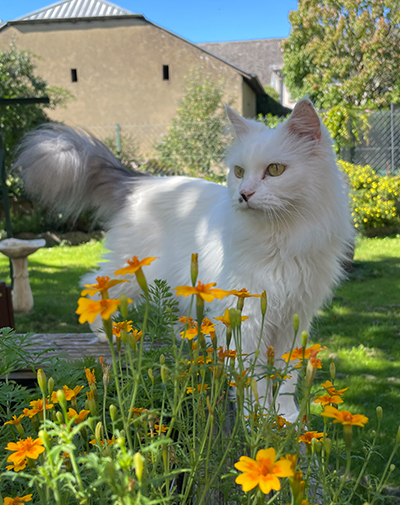
Stephanie Lippert
Administration de l’environnement (AEV)

Cédric Simon
Former MSc Student. Zoology Department (MNHNL).
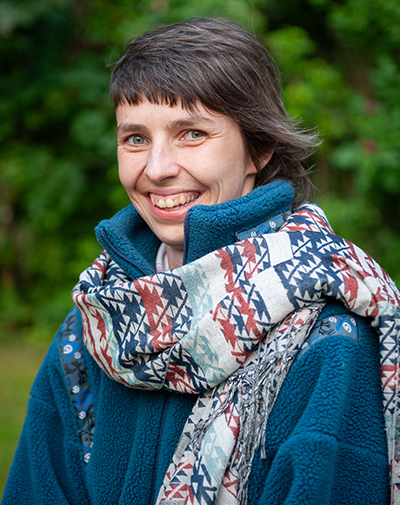
Aline Ouvrard
Engineer. Polynatur project manager (CELL).
External collaborators (Overseas)

Simone Flaminio
University of Mons (Mons, Belgium).
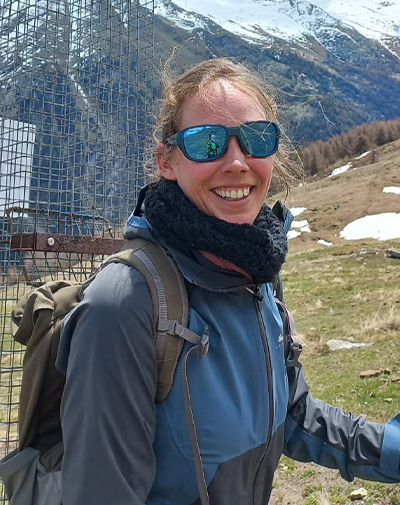
Sarah Lescot
University of Mons (Mons, Belgium).
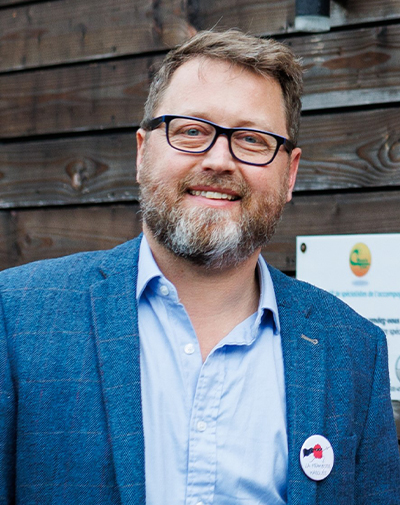
Dr. Denis Michez
University of Mons (Mons, Belgium).
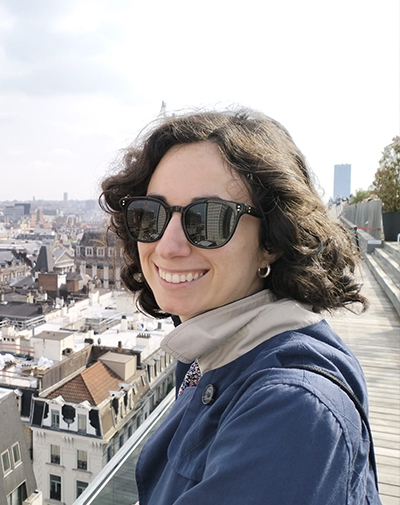
Dr. Sara Reverté
University of Mons (Mons, Belgium).

Paolo Rosa
University of Mons (Mons, Belgium).

Dr. Freddy Sarathchandra
Enstic – diagnostic entomology (London, UK).

Dr. Jessica Stokes
Royal Entomological Society (London, UK).
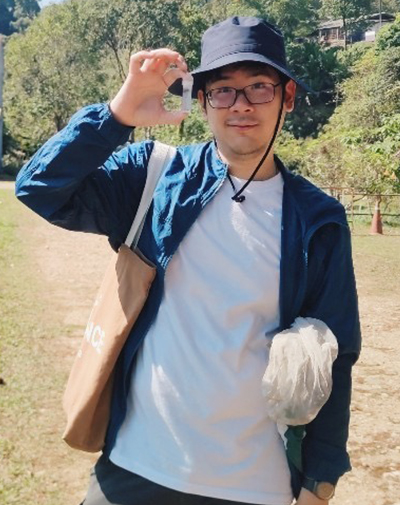
Dr. Chawatat Thanoosing
Chulalongkorn University (Bangkok, Thailand).
Where can you find us?
As a cultural administration, this institution receives financial support from the Ministère de la Culture.

